Diversity Impact Programme - What has been learned?
The Diversity Impact Programme was created with the aim to inspire change within university engineering departments, and to address the unequal outcomes experienced by students from underrepresented groups. The Diversity Impact Programme is supported by the Royal Academy of Engineering and the Department for Science, Innovation and Technology.
For three years, we provided grants of up to £100,000 to fund 22 projects, supporting our awardees to create innovative and impactful interventions that will improve the university engineering experience for their students.
After reviewing the rich array of project outcomes, the Academy concluded it was vital to share how other universities can replicate successful interventions and embed promising practices from the DIP projects into their own departments.
Amplifying the impact of the Diversity Impact Programme
The latest round of the Diversity Impact Programme has been dedicated to working with previously awarded universities to capture and share what works in the form of a series of user-friendly how-to guides. These guides walk through how to implement an intervention that is well-supported by evidence, and can be replicated elsewhere – amplifying the impact of the Diversity Impact Programme.
Seven how-to guides are now available, summarised and linked below, and can be used by any university to enhance the experience for underrepresented engineering students. If your university makes use of one of the guides please let us know at [email protected] (with DIP in the subject line).
-
Accessing each of the guides below via the links will take you off the Academy website (they will open in a new window).
-
If you identify any accessibility or usability issues with a guide, please contact the creator at the university.
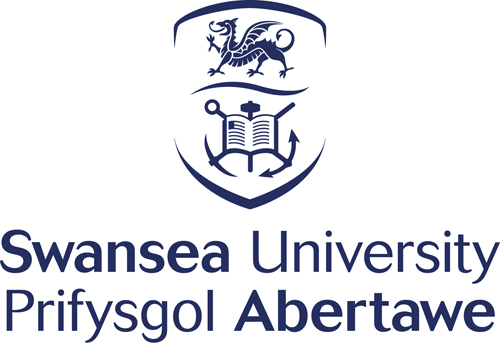
Representation of women engineers and outreach - Swansea University
The 50% for the Future (50%FTF) project at Swansea University’s Department of Mechanical Engineering aims to improve women’s representation and experiences studying and working in Mechanical Engineering...
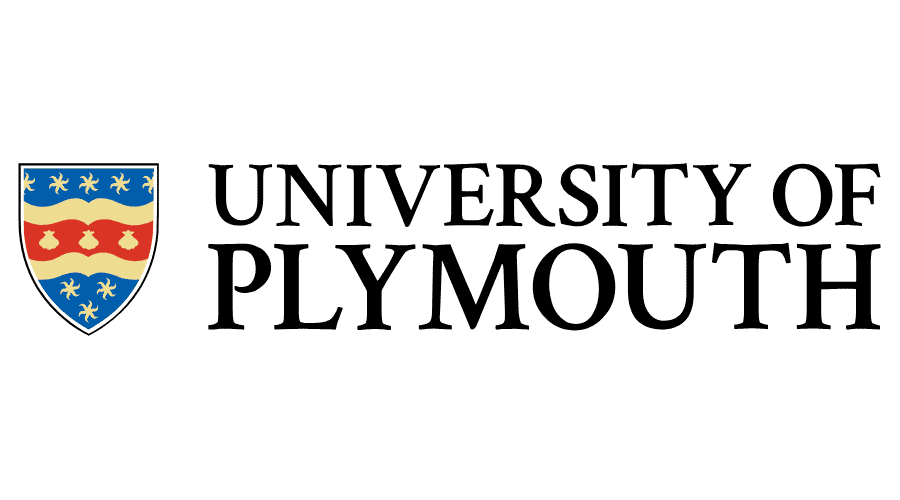
Neurodivergent and disabled students and inclusive programme design - University of Plymouth
The project at the University of Plymouth (UoP) focuses on supporting neurodivergent and disabled undergraduate engineering students within the School of Engineering, Computing and Mathematics (SECaM)...
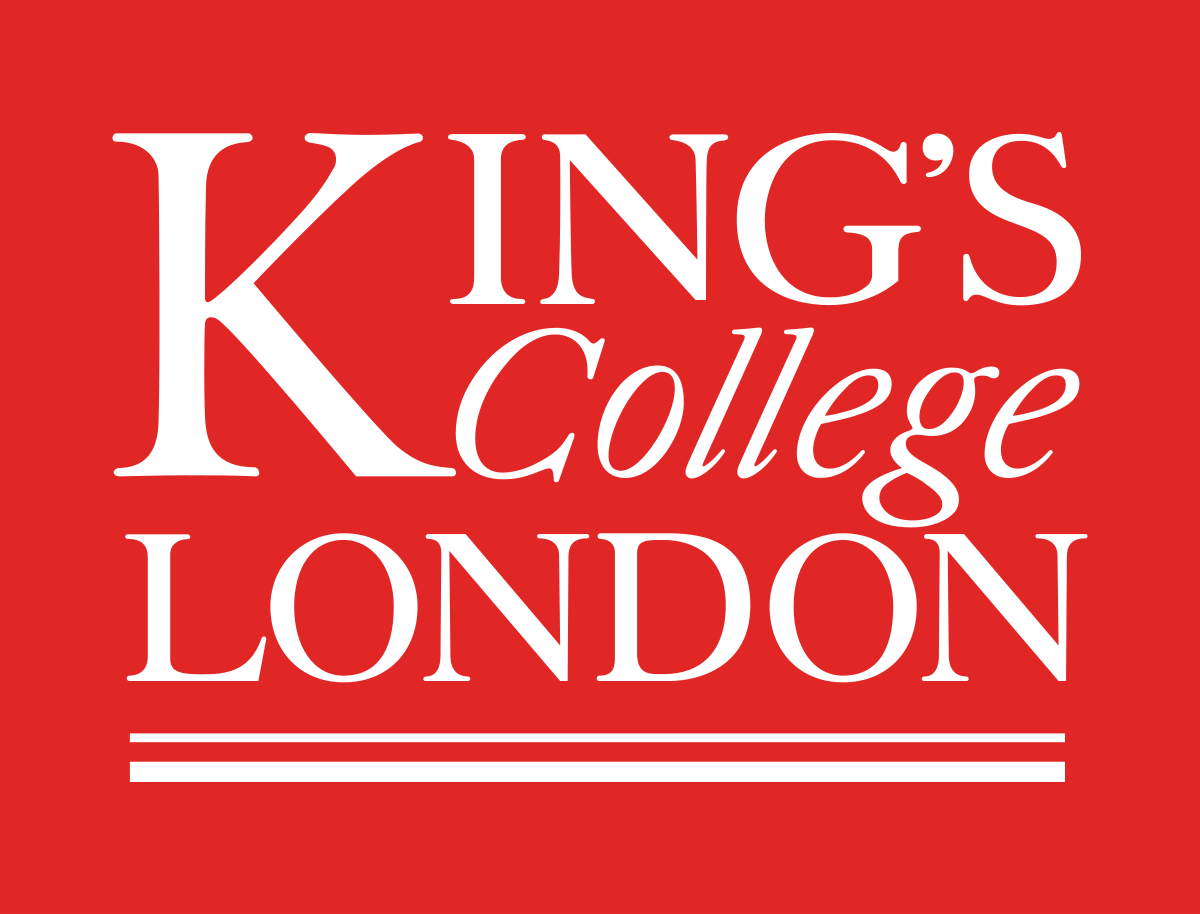
Black engineers’ representation and attainment - King’s College University
The School of Biomedical Engineering & Imaging Sciences and the Department of Engineering at King’s College London (KCL) launched the "Success for Black Engineers" project to address the under-representation of Black students in its engineering programs, where Black student enrolment was below 5%....

Socio-economic equality and career prospects - University of Dundee
The EMBEDD (Engaging Minoritised Beneficiaries in Engineering Diversity Development) project aimed to improve outcomes and career prospects for engineering students from low socio-economic backgrounds, with a focus on women, Black and Minority Ethnic (BME) groups, and students with disabilities...
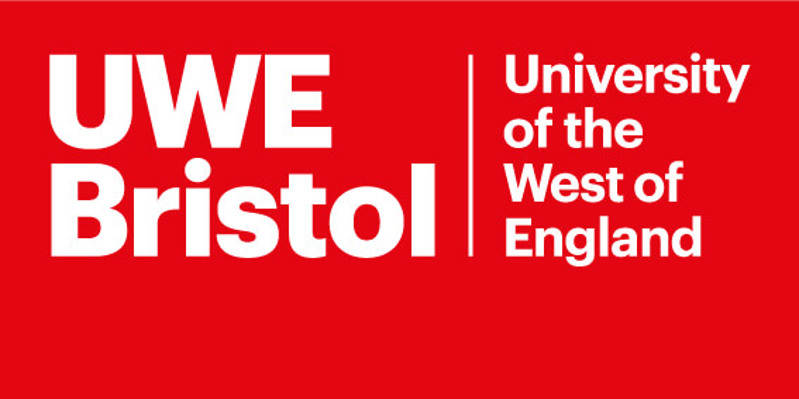
Underrepresented students and the Repair Cafe- University of the West of England
The MAKERS project at UWE Bristol enhances belonging among diverse engineering students by promoting sustainability and repair activities while addressing the Climate and Ecological Emergency...

Underrepresented engineers and employability - Wrexham University
The Inclusive Employability Toolkit was developed to address inequities in the employment progression of engineering graduates...
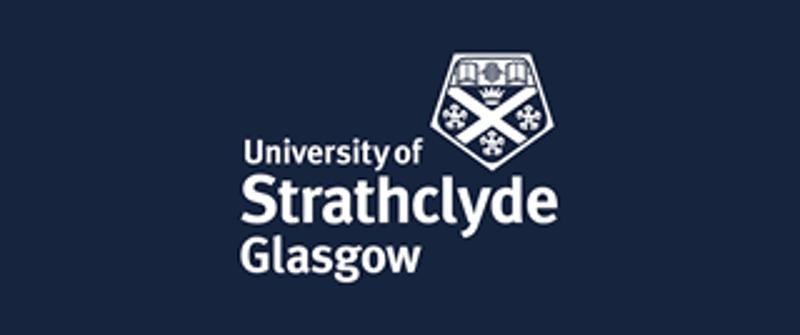
Socio-economic equality and mentoring, support and outreach - University of Strathclyde
The Strathclyde Engineering Scholars program is a mentoring, support, and outreach initiative designed to help students from disadvantaged backgrounds access and succeed in engineering education, ultimately leading to professional graduate employment...
